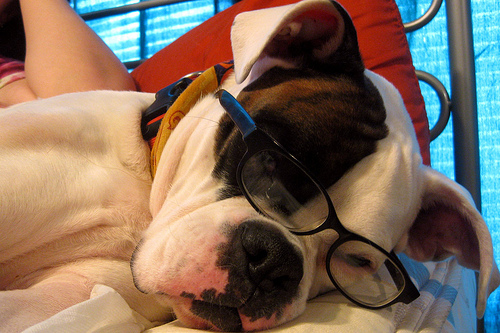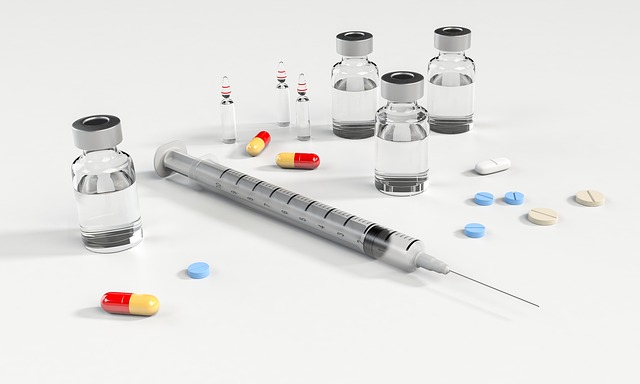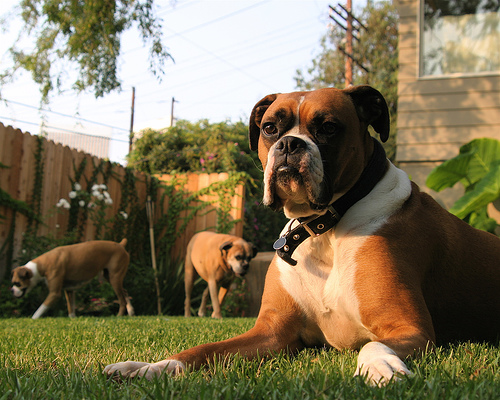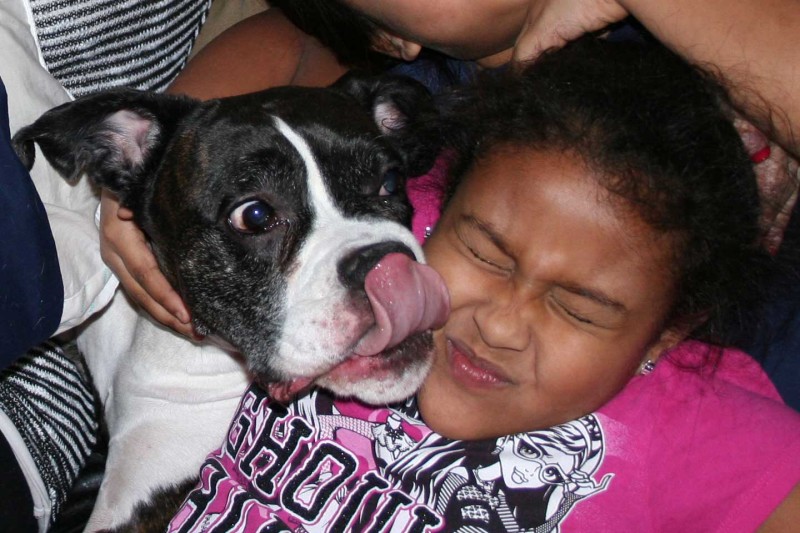Protect Your Boxer: Signs of Cancer in Dogs
We’re all very familiar with cancer and the damage it can do. I’m sure you or someone you know has been directly affected by some type of cancer. Just the word alone can be a frightening thing for anyone to hear. With everything we have learned about the disease, there is much more that we are unsure of.
As you know, cancer is not only limited to people. Dogs all over the world have been affected by the disease and it’s important that we have an understanding of it and know what to look for in order to spot it early.
Boxers have been known to be especially susceptible to different types of cancer. According to the UK Kennel Club, 38.5% of all boxer dog deaths are attributed to some type of cancer. With facts like these, we must try and understand why this happens and what we can do to prevent our furry friends from succumbing to this terrible disease.
Understanding Cancer
According to the National Cancer Institute, cancer is the name given to a collection of related diseases where some of the body’s cells begin to divide and spread into surrounding body tissues.
When normal cells grow old or damaged and die, new cells are formed to take their place. When cancer is present, these old or damaged cells survive and the newly formed cells are not needed. Instead, they grow, spread, and form masses called tumors.
It is important to note that not all tumors are necessarily cancerous. There are two different types of tumors: malignant and benign.
Cancerous cells are malignant, meaning they can travel to nearby tissues, even sometimes breaking off and spreading into other parts of the body through the body’s blood or lymph system.
Benign tumors are much different. They do not spread into other parts of the body and can usually be removed without growing back.
Cancer is a genetic disease caused by a combination of inherited traits and environmental exposures. While certain things like cigarette smoke and sun exposure have been known to cause cancer, the disease is still quite a mystery. One thing that is for sure is that it is a killer that affects animals and people alike. While treatments exist and have been known to kill cancerous cells when caught early enough, we all anxiously await the day a cure is found.
Why is Cancer so Common in Boxer Dogs?
Subscribe to Greg Martinez DVM on YouTube
Causes of cancer are really a combination of things: genetic makeup, environmental exposures, and their lifestyle. But the main reason boxers are so susceptible to cancerous tumors is their genetics. They are predisposed to developing tumors and there’s really nothing we can change about that.
The most we can do is make sure they live a healthy, active lifestyle and watch out for early warning signs of possible cancer.
What are the Signs of Cancer in Dogs?
-
Lumps
- Any new lump or bump is a red flag that needs to be checked on immediately. Even existing lumps that have changed in size, shape, or consistency is worthy of a biopsy. Make sure to check your dog regularly for bumps all over his body. A good tip is to check while bathing your dog to make your job a little easier. Make sure to get your pup into the vet as soon as possible when a lump is found to get a biopsy done. Many lumps turn out to be cysts or a benign growth, but better safe than sorry.
-
Weight Loss
- Sudden or gradual weight loss is always a cause for concern. Cancer is one of the many possible causes, but not the only one. If your dog is showing a consistent weight loss, always get your dog to the veterinarian.
-
Bleeding and Discharges
- Any bleeding or discharge of fluid from your dog’s body is worthy of a trip to the vet. Excess diarrhea, vomiting or blood discharge is to be taken seriously. Also, if you detect signs of bloating near the abdomen, this may be a sign of internal discharge.
-
Wounds that won’t heal
- Cancer, skin diseases, and infections have been known to manifest themselves through wounds that just don’t seem to heal properly, or at all. Always get these checked out immediately.
-
Foul Odors
- Any foul odor detected from your dog’s mouth, ears, or any other part of his body should be checked out immediately. Many cancers of the intestine, mouth, and nose can be the culprit of such smells.
-
Loss of Appetite
- Your dog loves to eat. If he stops, obviously there is a cause for concern. While there are numerous possibilities to why this occurs, some cancers have been known to cause dogs physical pain when chewing or swallowing. If your dog stops eating, get him checked out right away.
-
Difficulty breathing
- Difficulty breathing can indicate signs of lung and heard disease, as well as cancer. If your pooch seems to be having trouble breathing, get him to the vet ASAP.
-
Change in Behavior/Depression
- Sometimes cancer symptoms manifest themselves in strange ways. If your dog seems to act out of the ordinary, sleeping more, not as willing to play, and just seems a little down, this may be a good reason to get your pup checked out at the vet’s office. Keep in mind that depression could be caused by many different things, not just cancer.
-
Discomfort or pain
- If you notice your dog limping unexpectedly or showing signs of pain in any way, it may be time to get him to the veterinarian’s office. Most of the time pain will be caused by arthritic issues or joint or muscle diseases, but cancer has also been known to get into bones and cause your dog some pain.
-
Change in Bathroom habits
- If your dog seems to be going to the bathroom more often or having trouble with it, get him checked out. Other things to look for are thin, ribbon-like stools and blood in his urine.
Source: PetMD
These are all common tell-tale signs of cancer, but do not live and die by these rules. The most general rule is that if your dog seems to act out of the ordinary in any way or you see a physical or mental change, get him to the vet and get him checked out.
Subscribe to Manchester West Veterinary Hospital on YouTube
How can I Help Prevent Cancer in my Dog?
Because the cause of most cancers is unknown, prevention becomes difficult. There are options if your dog does develop cancer: chemotherapy, radiation, and immunotherapy. But the best route is to try and detect it early and treat it as soon as it is discovered.
Here are some helpful tips for prevention and early detection:
- Have your dog spayed or neutered at a young age. This can help prevent some reproductive cancers later in life.
- Keep your dog on a healthy diet and give him plenty of exercise. A healthy lifestyle is one of the best ways to prevent cancer.
- Regularly check your dog all over his body for lumps and bumps. Also, don’t freak out if you find one. Get him to the vet and let them diagnose it. If you are still concerned, get a second opinion.
- Love your boxer and get to know him. The better you know him, the more apparent it will become when he acts out of the ordinary.










That is a scarily high rate for Boxers, thanks for all the signs to look out for, will definitely be a little more perceptive of any of these signs from now on
Read a box on boxers, they’re a bread of their own.
Very good and informative. Thank you very much
Thank you for this!